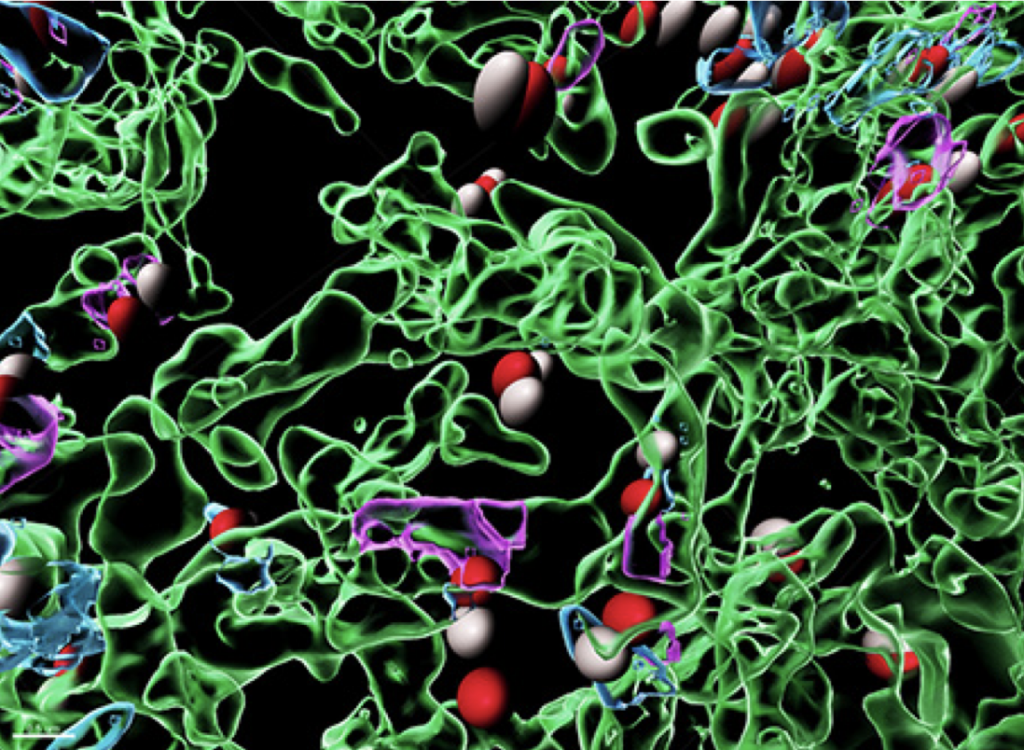In the hippocampus, induced Dkk1 expression triggers the loss of 40% of excitatory synapses but this effect is not progressive suggesting that some synapses are resilient to Dkk1. Interestingly, the same selective effect is observed with Aβ. Our ex-vivo acute-treatment with Dkk1 experiments using GFP-labelled dendrites show that Dkk1 induces the loss of certain synapses whereas nearby synapses in the same dendrite remain unaffected. These findings suggest that the susceptibility is at the synaptic level. We performed proteomic analyses of synaptosomes from Dkk1-induced mice. These studies revealed changes in key proteins that could contribute to either synapse degeneration and/or synapse resilience. We are currently investigating several candidate molecules for their possible role in synaptic changes. These studies will shed new light into how synapses become resilient to synapto-toxic molecules and to develop treatments to protect synapses in neurodegenerative diseases where synapses are targeted early on such as Alzheimer’s disease.
